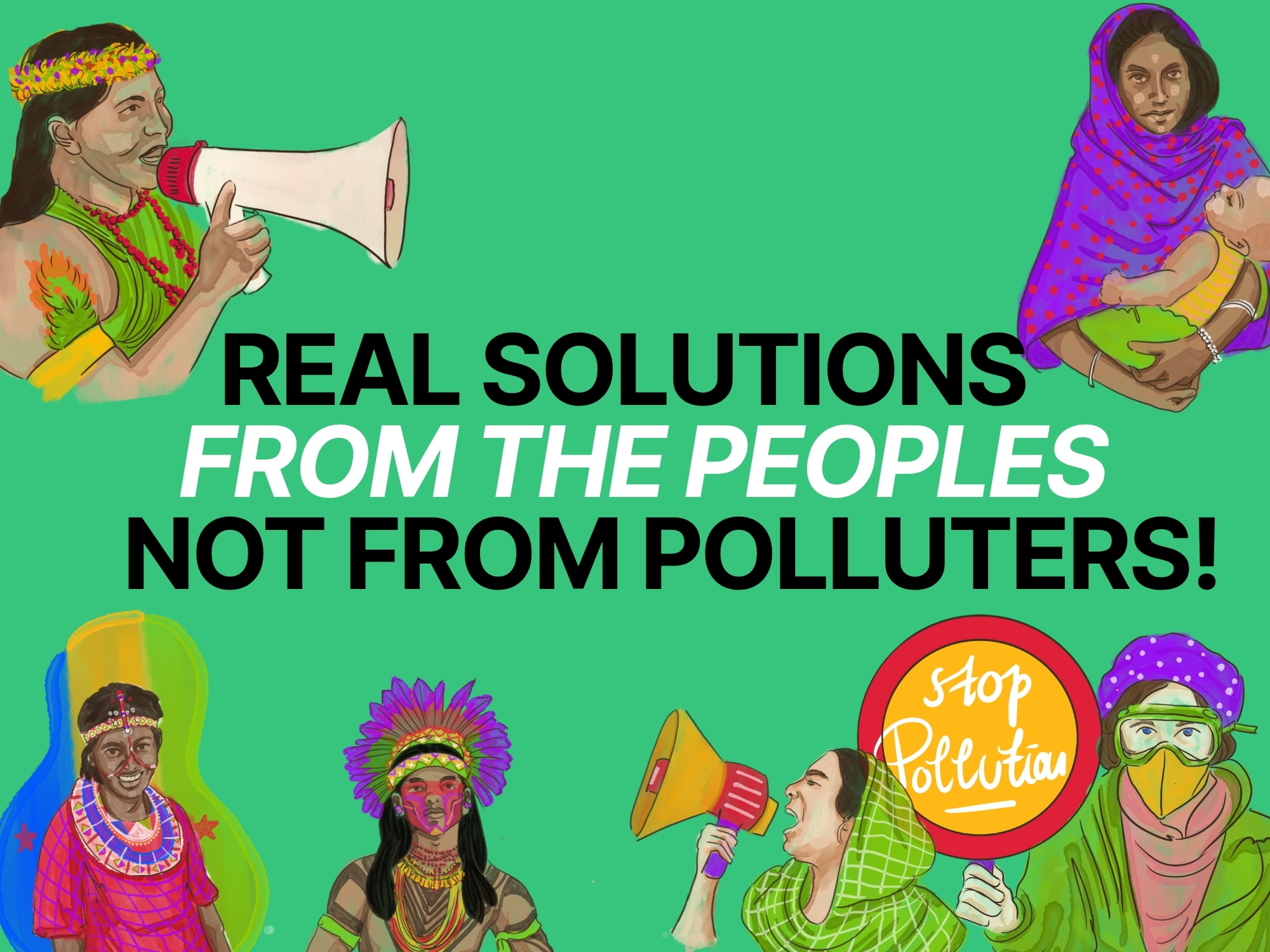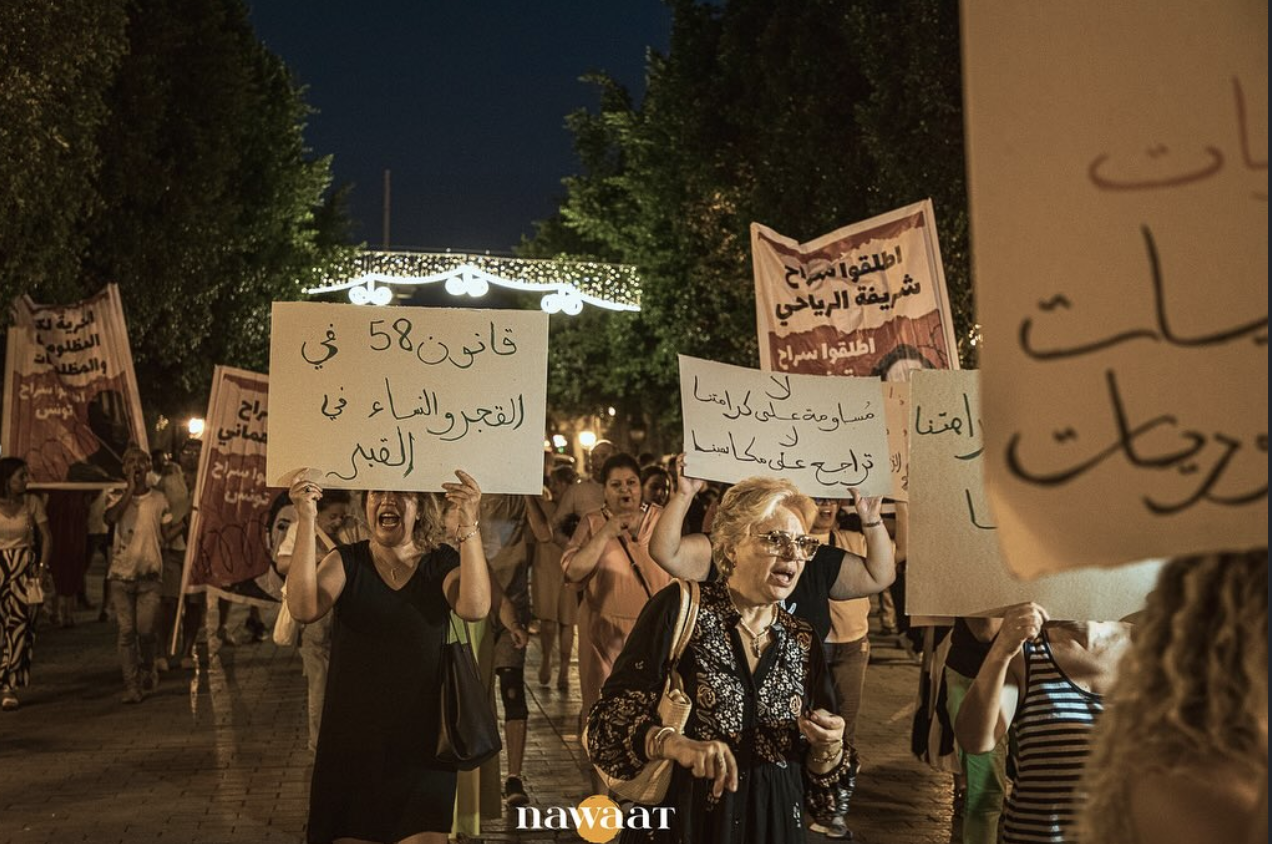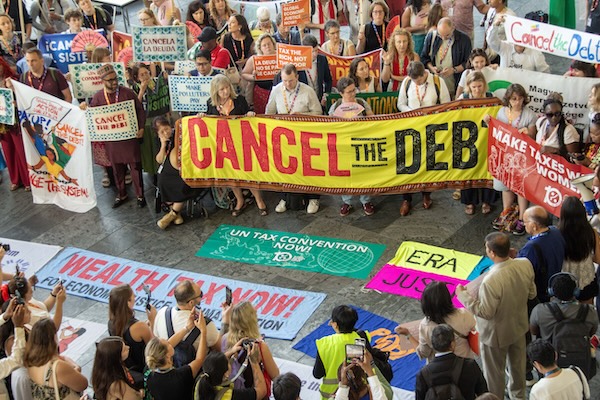As the world gathers in Belém for COP30, communities and movements from across the globe are delivering a united call: put peoples before polluters and adopt binding rules to hold corporations—especially big polluters—accountable for the climate crisis.
Members of the International Network for Economic, Social and Cultural Rights (ESCR-Net) urge governments to decolonize climate action and centering solutions led by Indigenous Peoples, women, workers, and other frontline communities. These peoples-led alternatives already exist—but they continue to be sidelined by corporate capture, greenwashing, and the same colonial systems that fuel the crisis.
The Elephant in the Room
At COP29 in Baku, 1,773 fossil-fuel lobbyists were granted access—more than the delegations of nearly every country. Emissions continued to rise while frontline communities, especially in the Global South, faced displacement from extractive “green” projects prioritizing profit over people.
Corporate capture has turned the UN climate talks into a marketplace for carbon offsets, debt swaps, and geo-engineering schemes. Meanwhile, the same global systems of extraction and unpaid care that enriched the North continue to shape climate policy and finance.
COP30 is a test: will governments side with peoples’ solutions or with polluters.


